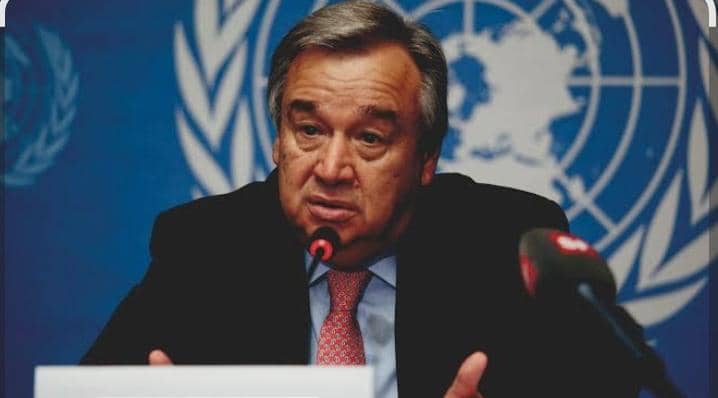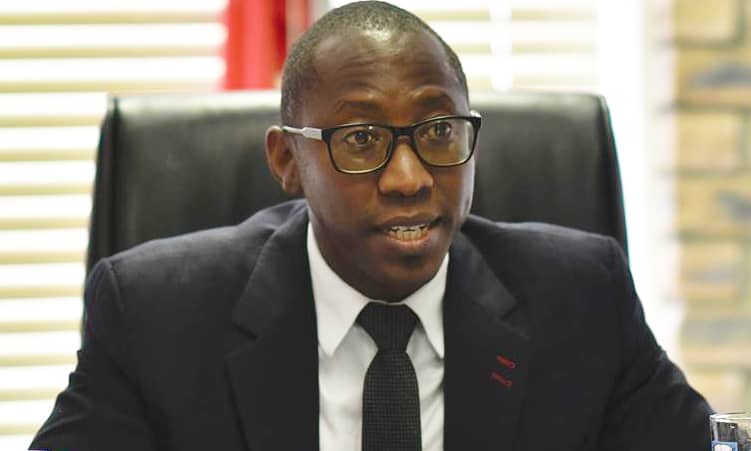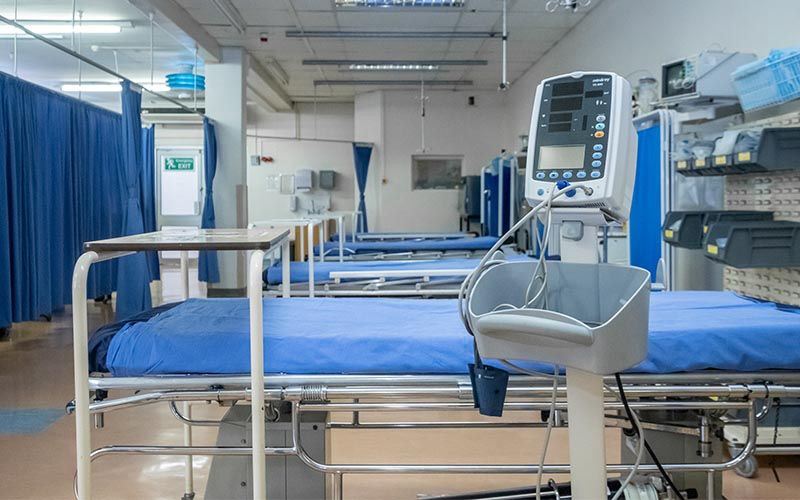TWENTY-FIVE international AIDS organisations are calling for a shift in the global response to the pandemic by putting human rights at the centre of their efforts.
In a joint declaration released today, they say the groups most in need of HIV prevention and treatment programmes, including access to anti-retroviral drugs, continue to face discrimination and abuse worldwide, often being denied access to life-saving programmes. The document, titled ‘Human Rights and HIV-AIDS: Now More Than Ever’, and sponsored by the Open Society Initiative, focuses on populations most vulnerable to HIV: women and girls, young people, intravenous drug users, sex workers, gay and bisexual men and prisoners.In a press statement accompanying the launch, the groups say the declaration comes at a time when HIV-prevention and care programmes are under threat.They said earlier this year, the World Health Organisation and UNAIDS released guidelines recommending that, in certain circumstances, people should be tested for HIV unless they specifically decline the test.”Many experts,” according to the press statement, “worry that making HIV testing more routine without scaling up human rights protections could result in coercive, mass testing programmes.”The Director of the AIDS and Rights Alliance for Southern Africa (Arasa), Michaela Clayton, said human rights must take centre stage otherwise national, regional and global responses to AIDS will not succeed.”This is widely recognised, yet few governments have ensured human rights protections for people living with or vulnerable to HIV,” she added.The AIDS organisations say in Africa the lack of legal protection for women, who make up the majority of infections on the continent worst affected by HIV, best illustrates the need to combine public health with human rights approaches.The group called on governments and international donors to take concrete measures to place human rights at the centre of their AIDS programmes.”People should not be punished for holding their governments accountable to their HIV-AIDS and human rights commitments,” said Wan Yanhai, a Chinese activist who has been jailed many times.”Human rights activists simply want to help their governments win the war against AIDS.”The document, titled ‘Human Rights and HIV-AIDS: Now More Than Ever’, and sponsored by the Open Society Initiative, focuses on populations most vulnerable to HIV: women and girls, young people, intravenous drug users, sex workers, gay and bisexual men and prisoners.In a press statement accompanying the launch, the groups say the declaration comes at a time when HIV-prevention and care programmes are under threat.They said earlier this year, the World Health Organisation and UNAIDS released guidelines recommending that, in certain circumstances, people should be tested for HIV unless they specifically decline the test.”Many experts,” according to the press statement, “worry that making HIV testing more routine without scaling up human rights protections could result in coercive, mass testing programmes.”The Director of the AIDS and Rights Alliance for Southern Africa (Arasa), Michaela Clayton, said human rights must take centre stage otherwise national, regional and global responses to AIDS will not succeed.”This is widely recognised, yet few governments have ensured human rights protections for people living with or vulnerable to HIV,” she added.The AIDS organisations say in Africa the lack of legal protection for women, who make up the majority of infections on the continent worst affected by HIV, best illustrates the need to combine public health with human rights approaches.The group called on governments and international donors to take concrete measures to place human rights at the centre of their AIDS programmes.”People should not be punished for holding their governments accountable to their HIV-AIDS and human rights commitments,” said Wan Yanhai, a Chinese activist who has been jailed many times.”Human rights activists simply want to help their governments win the war against AIDS.”
Stay informed with The Namibian – your source for credible journalism. Get in-depth reporting and opinions for
only N$85 a month. Invest in journalism, invest in democracy –
Subscribe Now!










